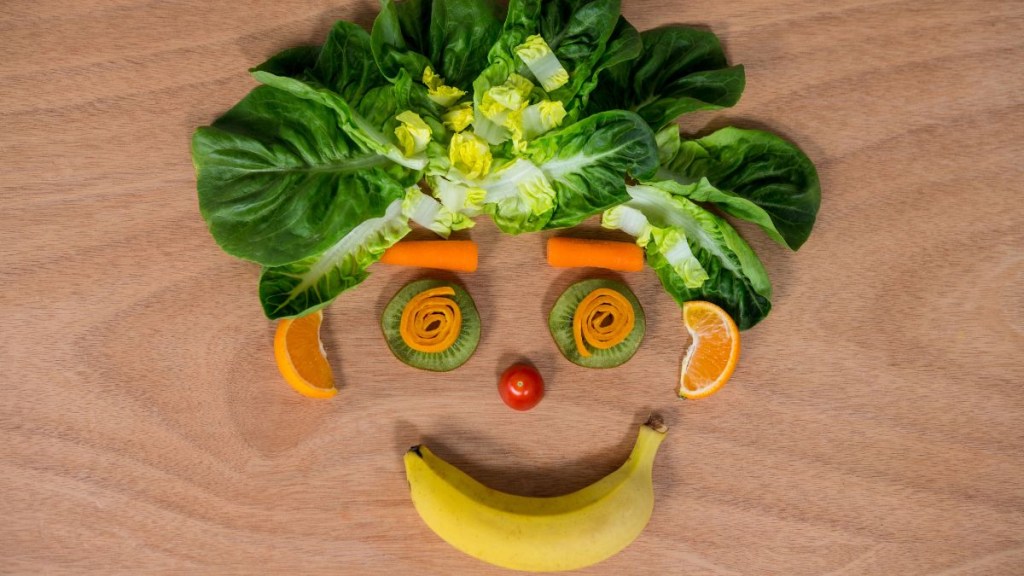These days, most of us turn to supplements, protein powders, or fancy health drinks to provide the required nutrients to our bodies. From vitamin gummies to brain-boosting pills, the market is full of supplements to keep your mental health in check. But according to a group of doctors known as ‘The Brain Docs,’ the real secret to better mental health may already be there in your fridge.
In a viral Instagram post, these doctors called fibre “one of the most overlooked tools for brain health.” Fibre, found in everyday fruits, vegetables, and grains, could be a powerful way to improve your mood and mental well-being. They recently went viral for calling fibre “one of the most overlooked factors in brain health,” urging people to rethink what goes into their shopping baskets.
How your gut affects your mind
The idea that our gut and brain are connected isn’t new, but it’s getting more attention now. The Brain Docs explain that fibre feeds the “gut-brain axis,” which is a communication system between your digestive system and your brain. This system plays a role in how we feel, think, and handle emotions.
A scientific review published on PubMed looked at 18 different studies on diet and mental health. It found that for every 5 grams of fibre added to the diet, adults saw a 5 per cent lower risk of depression.
No fancy foods required
The good news is that you don’t need to buy expensive powders or rare superfoods. Many everyday foods are naturally high in fibre and easy to add to your meals.
Here are some examples:
- Vegetables: Broccoli, asparagus, carrots
- Fruits: Bananas, apples, berries
- Staples: Garlic, onions, oats, lentils, barley, seeds
Eating more of these foods helps grow healthy bacteria in your gut. These bacteria are known to support better mood and brain function.
A report by The Mirror showed that vegetables and soluble fibres had the strongest link to better mental health. Even though cereal and fruit fibres were slightly less effective, they still helped lower the risk of depression.
“This isn’t just another trend, it’s a shift in how we think about food and mental well-being,” say experts. While the current evidence doesn’t strongly link fibre to lower anxiety, it connects fibre intake to fewer symptoms of depression.
How much fibre do you need?
Doctors recommend that adults eat 25 to 30 grams of fibre daily and drink plenty of water. Small daily changes can help:
- Start your morning with yoghurt and a banana
- Add a lentil salad for lunch
- Have a broccoli stir-fry with barley for dinner
So before heading to the supplement aisle, try heading to the vegetable section and add high fibre foods to your basket, that might be all your brain needs.








